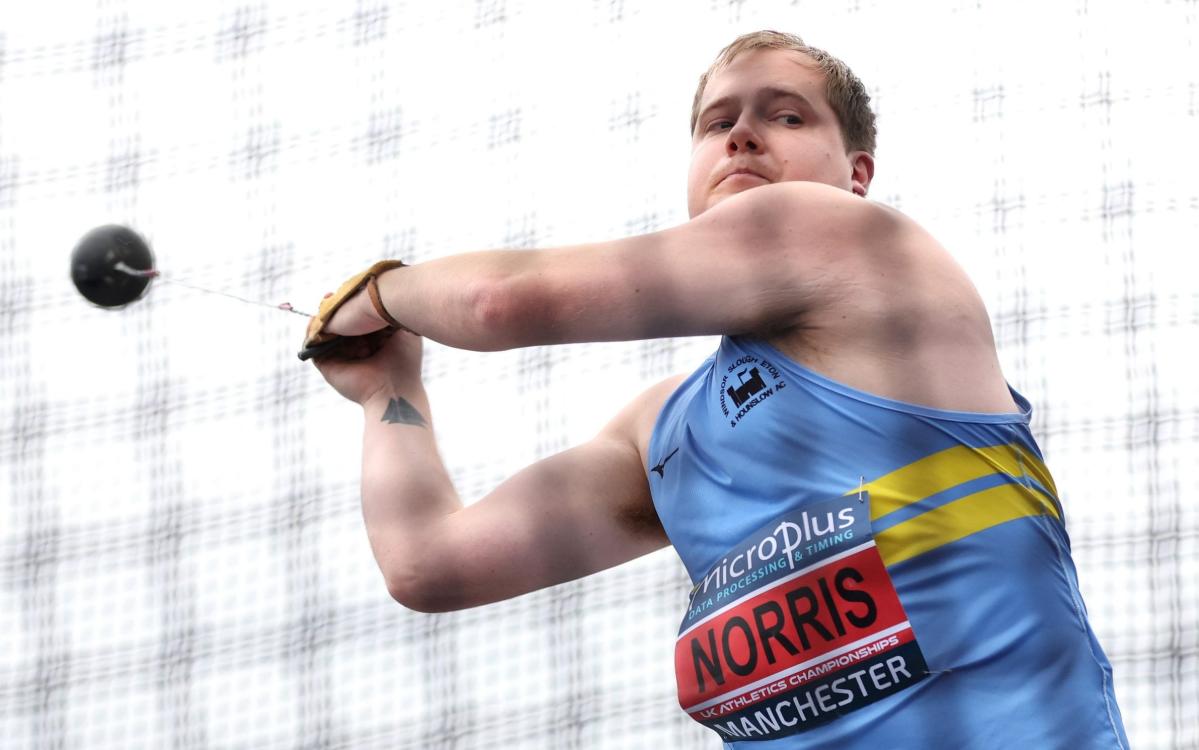Sports
UK Athletics under pressure to reverse controversial Olympics selection policy

UK Athletics is facing fresh pressure to take all “qualified” athletes to the Olympic Games after a petition calling for them to reverse their selection policy was signed by thousands of people.
UK Sport and the British Olympic Association have also been asked to intervene, with affected athletes still trying to overturn a policy that will leave Team GB with no representative in six different events where people were “qualified” according to their world ranking.
This is because UKA also requires athletes to reach internally imposed standards that are designed to reflect what would be needed to finish in the top eight of an Olympic Games.
The policy means that Phil Norman, Anna Purchase, Jade Lally, Jake Norris, Hannah Nuttall, Kenneth Ikeji and Amelia Campbell have been left off the team despite producing performances this season that are among the best in British history.
Norman, who won the national steeplechase title last week with a championship record that was the fastest by a Briton since 1991, posted a petition on Sunday lunchtime. By early evening that same day, it had more than 2,500 supporters.
‘An arbitrary standard set too high’
UKA say that its policy is based on criteria that determines whether an athlete is “capable” of making the top eight in their event.
There is a feeling not just that the policy is damaging British athletics and contrary to the Olympic ideals but that some of the standards are excessive, even in the context of UKA’s stated aims.
Norris, who is ranked 15th in the world at the hammer and aged only 25, believes that his performances this year have demonstrated top-eight potential. Also 25, Purchase threw a distance this year that would have reached the last three Olympic finals.
“I feel truly betrayed that I meet the true aim of the current selection policy, but I am still not eligible to be selected because of an arbitrary standard set too high,” said Norris.
‘Tough standards improve performance levels’
Ian Beattie, the chair of UK Athletics, wrote a column in Athletics Weekly on Friday defending the policy. He highlighted the financial contribution that UKA must make to the Olympic team and claimed that “an athlete getting to the Olympics with little chance of qualifying from their heat or pool, does not have a significant impact on inspiring the nation, and therefore does not merit public funding”.
With UKA fielding their smallest Olympic team for 20 years, Beattie also claimed that “larger teams can dilute the level of support given during the championships to our genuine medal contenders”. He also cited “a demotivational effect on the team as a whole when the first few days of the championship are dominated by athletes failing to qualify from their heat or pool.”
He added: “I have always believed setting tough standards helps improve performance levels. The philosophy around selection being based on world-class performance is not going to change so the challenge ahead for all athletes is to raise their levels of performance.”


The 800m runner Guy Learmonth called the article “beyond disrespectful” to athletes. Norman believes that UKA are “out of touch” and, after missing out by just 0.15sec with the sixth best performance in British steeplechase history, has urged Lisa Nandy, the newly appointed Culture Secretary to intervene. UKA reported losses of £3.6 million in their most recent accounts but have denied that their policy is related to cost.
“In selecting teams there will always be a line with some people unfortunately on the wrong side of it, and we do understand the disappointment of those who fall into this category,” said a UKA spokesperson.
One athlete on the right side of the line is Laura Muir, the silver medalist in Tokyo who delivered a wonderful performance at the Diamond League in Paris on Sunday to lower her British 1,500m record to 3min 53.19sec. Georgia Bell, the new British champion, also recorded a personal best of 3min 56.54sec in a race that saw Kenya’s Faith Kipyegon set another new world record of 3min 49.04sec.








